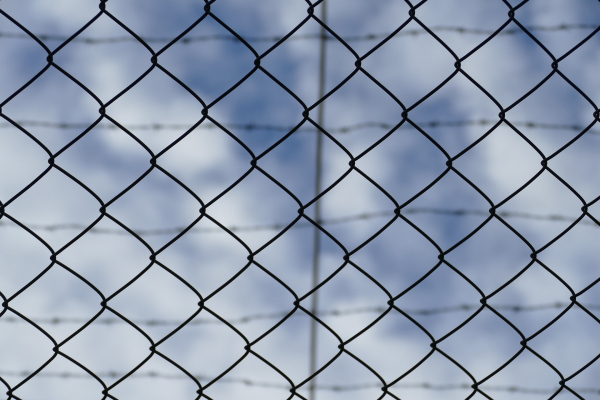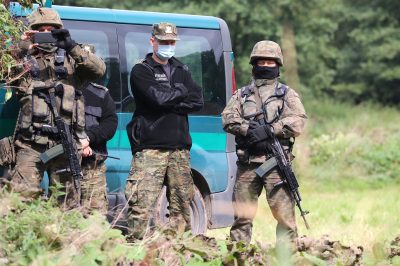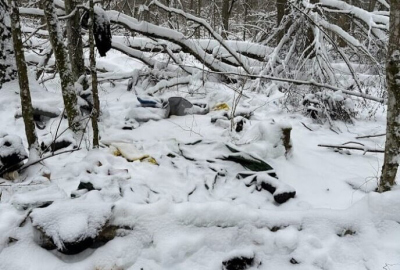
The Helsinki Foundation for Human Rights wishes to express its concern over the death of Agnieszka Pysz, an inmate of the Warszawa-Grochów Remand Centre. According to press articles and the Ombudsman’s inquiry, oversight of the Centre’s medical personnel might have contributed to the woman’s death.
Death in custody
The tragic event occurred at the Warszawa-Grochów Remand Centre on 7 June 2017, four days after the arrival of the 38-years-old Agnieszka Pysz. Her health had reportedly been rapidly deteriorating from the very moment of her admission. Papers wrote that according to other inmates’ accounts, the Centre’s personnel had repeatedly been notified about the inmate’s problems. However, the doctor working at the Remand Centre decided that she was “faking” a condition. In consequence of the above, an ambulance was called for the woman only on 7 June. She died on the same day.
State officials responsible for detainees’ lives
The HFHR has intervened by sending a statement to the Regional Director of Prison Service in Warsaw and the Warszawa Praga-Południe District Prosecutor’s Office. In the statement, the HFHR referred to Article 2 of the European Convention on Human Rights, which guarantees the right to life, a basic and fundamental human right.
It was emphasised that whenever state officials deprive a person of liberty, they assume responsibility for the life and physical integrity of this person. This responsibility also extends to omissions leading to a death caused by a medical condition. The HFHR further indicated that in the event of a sudden loss of life in circumstances that may arise suspicions as to a possible abuse by prison officers, it is authorities that must show a convincing and satisfactory explanation of the situation.
A particular emphasis was put on authorities’ duty to provide immediate medical assistance to a detainee who has found themselves in a life-threatening condition. According to the case law of the ECtHR presented in the statement, the absence of treatment or improper treatment given to a detainee who later dies constitutes a violation of Article 2 of the Convention.
The HFHR also indicated the procedural aspect of Article 2, namely the state’s obligation to investigate and resolve each and every case of a loss of life that clearly does not result from natural causes. Such cases require to be investigated ex officio, and – if a need arises – later send to trial, during which all the circumstances of the case must be explained and responsible persons – identified and punished. The statement underscores that such criminal proceedings must be effective.
Detainee’s death due to absence of treatment equals Article 2 violation, rules ECtHR
In the past, the European Court of Human Rights in Strasbourg has found many violations of Convention’s Article 2 resulting from a failure to ensure medical care or assistance for persons deprived of liberty.
“Authorities are obliged to show they have employed all means possible to save the life of a person in their custody. Should they fail to perform this obligation, the ECtHR may rule that a state has violated the Convention provisions that guarantee the right to life”, says Maciej Kalisz, a member of the HFHR’s legal team.


